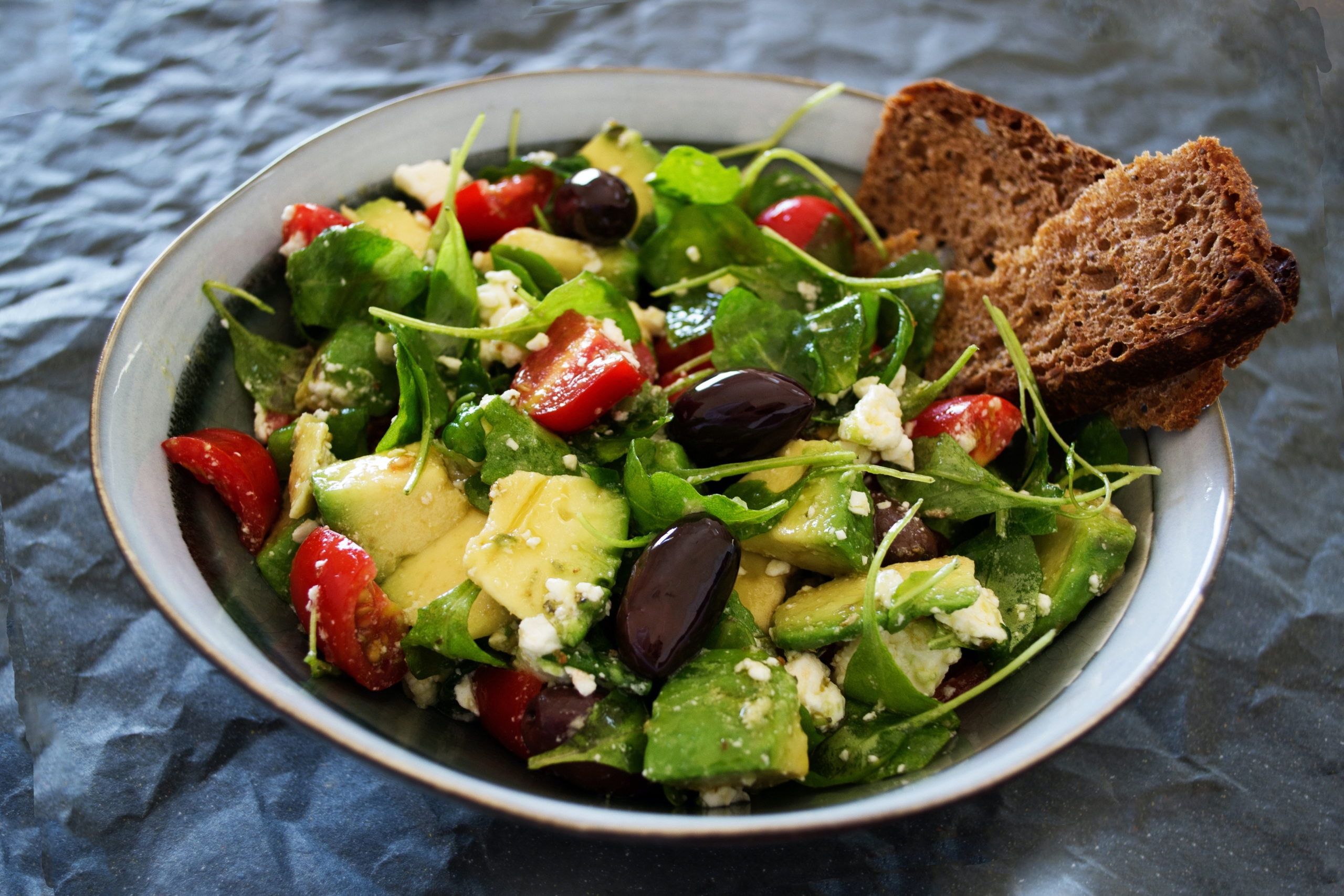Because the incidence of dementia appears to be increasing around the world, researchers are exploring the causes of the disease and potential treatment strategies. One of the lifestyle factors that those researchers focus on is diet, as the foods people consume contribute to brain health. The Mediterranean diet is routinely cited as a healthy option that anyone, but especially older individuals, should consider.
How Do the Experts Define Dementia?
One common definition of dementia is a loss of brain function that impacts memory, thinking, behavior, language, and judgment. However, the symptoms vary dramatically from one individual to another, especially during the early stages of the disease. In addition, there are several types of dementia, which means a proper diagnosis is necessary before a treatment strategy is developed. Residents enjoying senior living in Kyle, TX, typically have access to the area’s top medical teams if family members or community staff members notice changes in the daily patterns of a resident.
Exploring the Mediterranean Diet and Its Benefits
For years, medical professionals noted that residents of countries around the Mediterranean Sea tended to suffer fewer health issues than people in other parts of the world. The reason for the health differences is their diet, which is rich in fresh fruits and vegetables, legumes, nuts, and whole grains. The region’s diet also includes healthy fats from sources like olive oil and oily fish. Consuming red meat, refined sugars, and processed foods is discouraged in the Mediterranean diet, but a limited intake of dairy products like cheese and yogurt is acceptable.
Most studies also suggest that consuming red wine in moderation has positive effects on residents of assisted living homes. Red wines contain polyphenols that are known for their antioxidant and anti-inflammatory properties. Of course, the use of alcohol is not recommended when some medications are used, so always consult a doctor for medical advice before adding red wine to a diet plan.
How Does the Mediterranean Diet Protect the Brain?
Health experts emphasize that the Mediterranean diet includes a range of nutrients and compounds that encourage optimal brain health in residents enjoying senior living options. For example, antioxidants, which are abundant in fresh fruits and vegetables, reduce the level of oxidative stress, which researchers discovered directly impacts the development of dementia. In addition, several studies linked omega-3 fatty acids to a reduction of the threat of developing dementia. Residents taking advantage of community living for seniors who consume fish like salmon see higher levels of those beneficial omega-3 fatty acids in their systems.
The Mediterranean diet also encourages the consumption of whole grains as they provide dietary fiber that contributes to cardiovascular health. Oats, barley, quinoa, and brown rice are all recommended grains for anyone following the Mediterranean diet. Those grains are readily available in the form of bread, cereals, couscous, and even pasta. The Mediterranean diet includes so many options that residents enjoying senior living in Kyle, TX, are not limited to a few uninteresting and unappetizing meal choices.
Check Out the Research
There is a wealth of research available that suggests the Mediterranean diet provides benefits that reduce the risk of developing dementia or seeing the disease worsen. For example, several studies concluded that following the Mediterranean diet reduced the risk of developing Alzheimer’s disease, the most common form of dementia. Anyone doubting the benefits of following the Mediterranean diet is encouraged to check out the studies that found a relationship between the types of food consumed and the development of different forms of dementia.
Consider All Lifestyle Factors
While a healthy diet is crucial for combating dementia, other lifestyle factors provide additional health benefits. One example is how and when meals are consumed impacts the health of community residents. Studies suggest that sharing a relaxing meal with others is healthier than eating in isolation. Even residents in memory care situations benefit from sharing meals with others.
In addition, staying active is always important, as physical activity improves muscle tone, blood flow, and range of motion. Even moderate activities like walking generate significant improvements in circulation, which enhances brain health and reduces the odds of developing dementia. Of course, the activities must match the abilities of residents, so discuss the various options with a care provider to ensure they are appropriate.
Explore the Living Options at Orchard Park
At Orchard Park of Kyle, we’re proud of our community and the many opportunities it provides for residents. Every resident is treated like a family member regardless of their care needs. If you’ve got questions, always feel free to contact our team for the answers you need.






